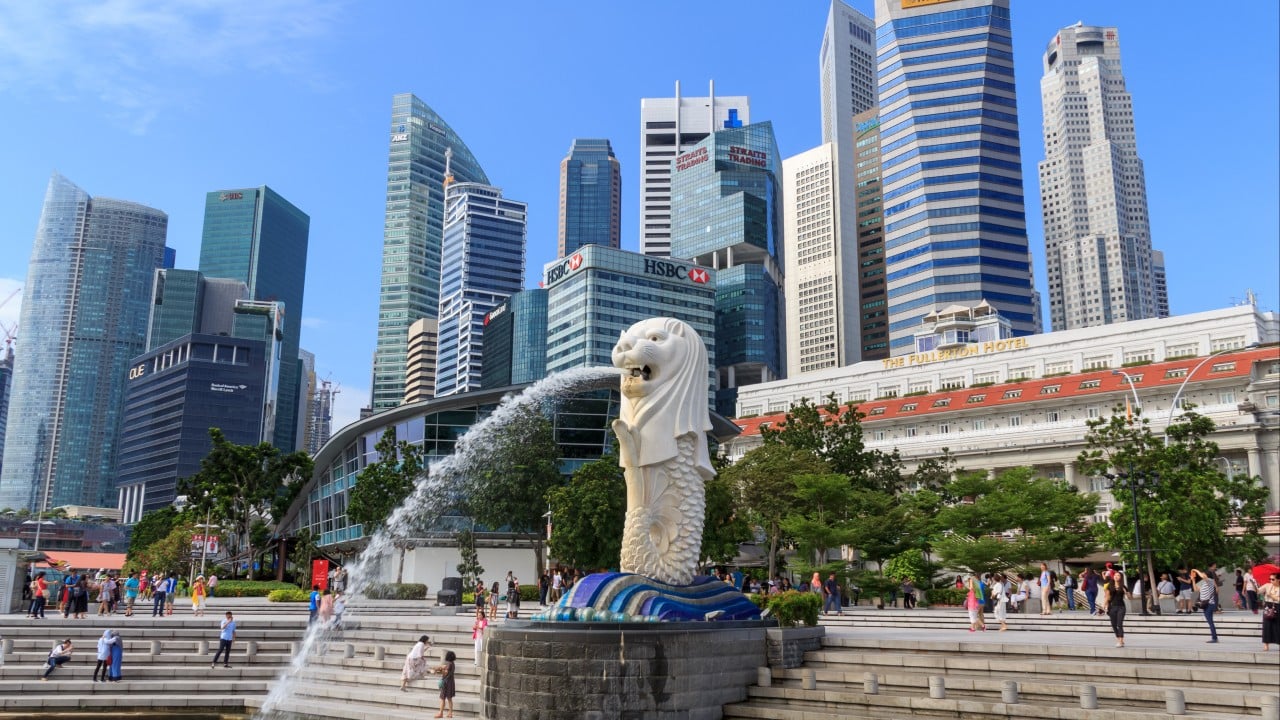Published: 9:03pm, 28 Apr 2025Updated: 9:57pm, 28 Apr 2025
Singapore’s nine-day election campaign reached its halfway mark on Monday, with visceral issues such as cost of living, racial politics and foreign interference dominating the agenda as Prime Minister Lawrence Wong warned that his ability to form a strong government to navigate turbulent times was at stake.
Advertisement
Wong is seeking a strong mandate in his first election as prime minister after taking office last May. His People’s Action Party (PAP) is looking to block any breakthrough the opposition can make in parliament, after its main political rival, the Workers’ Party (WP), won a record 10 of the 93 seats in the last 2020 General Election.
Political analysts told This Week in Asia that several constituencies remained too close to call, with PAP candidates facing stiff challenges from the WP and the Progress Singapore Party, led by PAP defector Tan Cheng Bock.
The key question in the general election was whether voters would still support a one-party dominant system, said Eugene Tan, a law professor from the Singapore Management University (SMU).
“Should it continue, with the related necessity of a firm mandate for the ruling party, or should it be weakened to facilitate the development of a more balanced political system with political pluralism and increased competition?,” Tan said.
Advertisement
The PAP has enjoyed uninterrupted rule over Singapore since 1959, making it one of the longest running democratically elected parties in the world.


